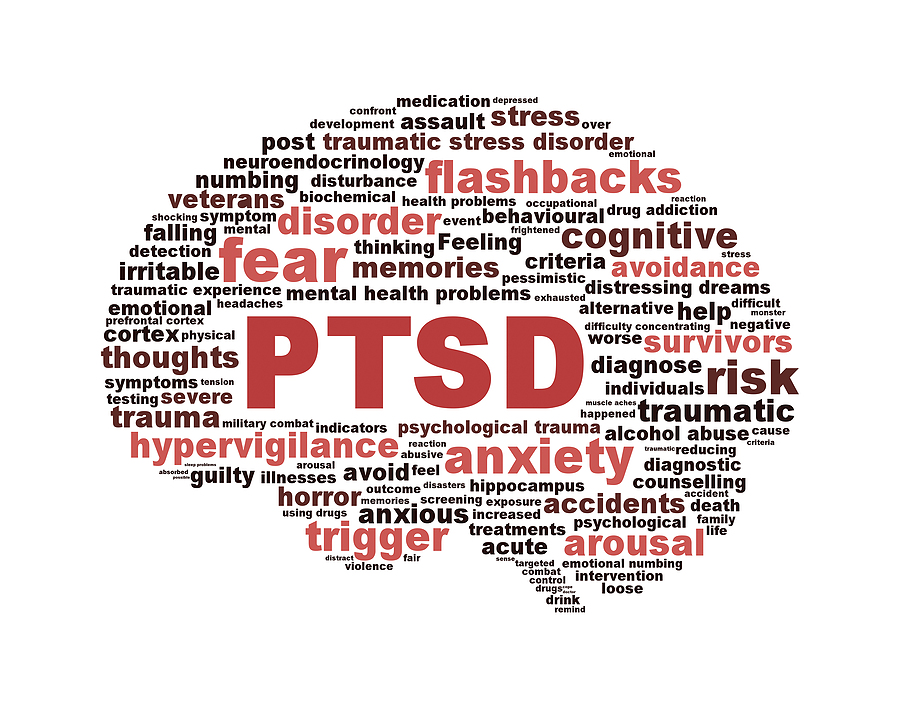What is trauma?
|
We use the term all the time, but what does it really mean? A trauma is something that happens to a person that is extremely horrible or horrifying and that has temporarily overwhelmed a person's resources to cope. People feel powerless in the face of trauma. What one person experiences as traumatic may not be traumatic to another. Age can have a bearing. What is traumatic to a 12 year old will not necessarily be so to a 22 year old. A person's history can have an impact. Trauma exposure can be cumulative as one event happens on top of prior events. Trauma can occur if you experience the event directly, or if you witness something happen, or even hear about something horrific that happened to a loved one. Events that are traumatic are things like war, terrorism, natural catastrophes like bush fires, accidents (like car accidents), physical assault, sexual assault, domestic violence, severe verbal assaults especially if repetitive, dog or animal attacks, severe bullying, some hospital procedures and operations, and child abuse of various kinds.
|
Shock trauma, chronic trauma, childhood trauma and PTSD |
As you can see from the above trauma comes in many shapes and sizes. Shock trauma describes a single event trauma. This might be something like a car accident, dog attack, bank robbery, difficult birth, rape etc. It is a single event that is a shock to the system.
Chronic or complex trauma involves traumatic events that are repetitive and experienced over multiple episodes such as can occur in war, domestic violence, chronic childhood abuse and/or neglect, living in situations of constant lack of safety. Children can be more easily traumatised even in subtle ways because they are more powerless and less cognitively developed to be able to process events. Chronic childhood trauma will have added repercussions around self esteem and self concept, trust of self and others and the resulting impact on relationships, and so on. When a range of trauma responses last more than a month it may be considered PTSD - Post Traumatic Stress Disorder. |
Trauma Responses |
When exposed to trauma there are some predictable things that happen to your system. It can impact physically, mentally, emotionally and behaviourally.
Physical reactions can be things like:
For more about Trauma and PTSD click the hypertext or go to the resources and video pages. For more information for adult survivors of childhood trauma you can also look at the Blue Knot site which focusses on childhood trauma. http://www.blueknot.org.au/ |
